Mother of British teenager killed fighting for Isis starts group to help parents counter radicalisation
Rasheed Benyahia died aged 19 as one of some 850 British members of Isis
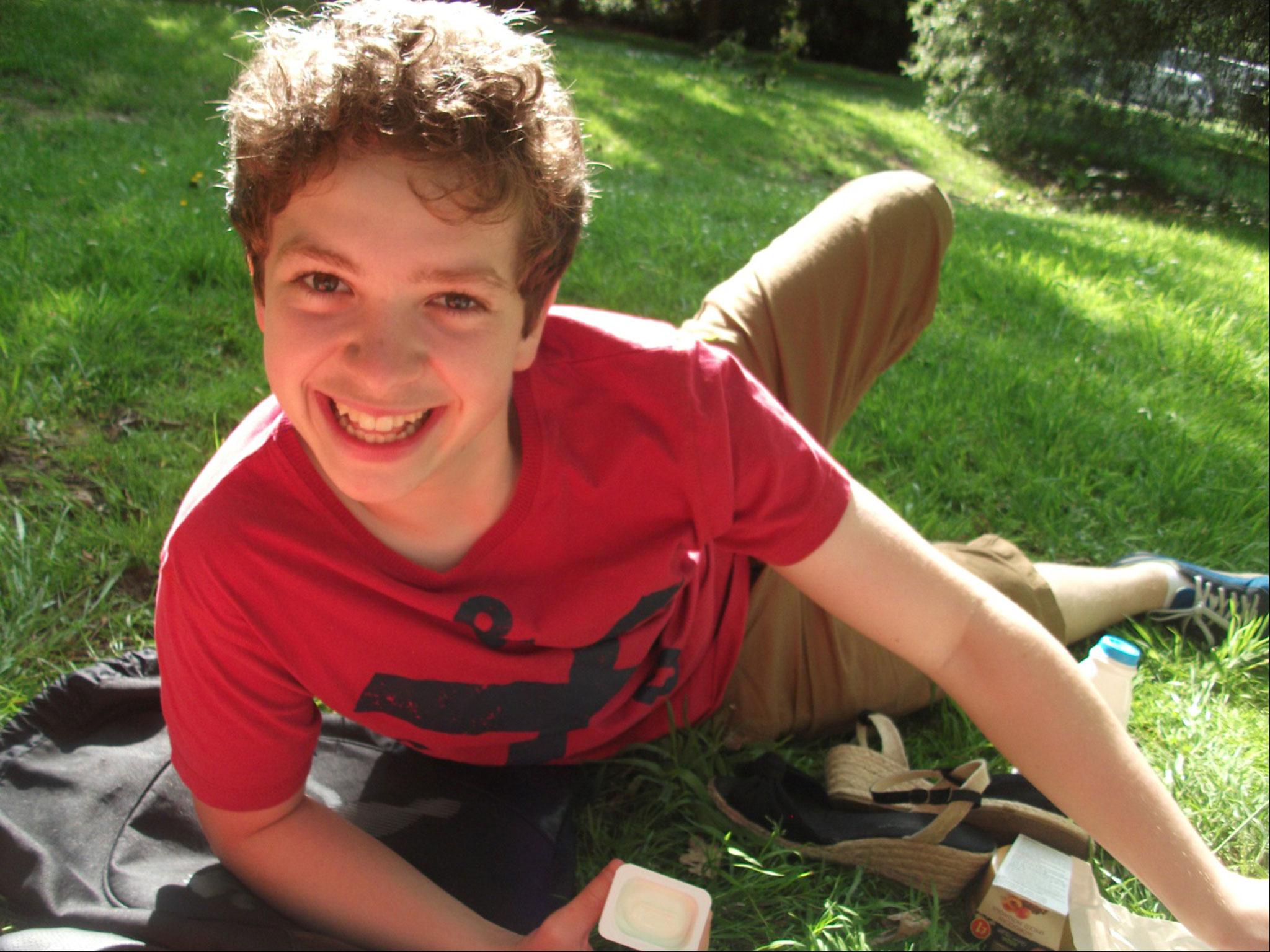
Your support helps us to tell the story
From reproductive rights to climate change to Big Tech, The Independent is on the ground when the story is developing. Whether it's investigating the financials of Elon Musk's pro-Trump PAC or producing our latest documentary, 'The A Word', which shines a light on the American women fighting for reproductive rights, we know how important it is to parse out the facts from the messaging.
At such a critical moment in US history, we need reporters on the ground. Your donation allows us to keep sending journalists to speak to both sides of the story.
The Independent is trusted by Americans across the entire political spectrum. And unlike many other quality news outlets, we choose not to lock Americans out of our reporting and analysis with paywalls. We believe quality journalism should be available to everyone, paid for by those who can afford it.
Your support makes all the difference.When 19-year-old Rasheed Benyahia bounced out the door of his Birmingham home on the morning of 29 May 2015, it felt like any other day to his unsuspecting family.
Dirty socks lay on his bedroom floor, his toothbrush was by the sink. Only the teenager’s rucksack full of equipment for his electrical engineering apprenticeship was missing.
But that was not Rasheed’s destination. He was on his way to the airport to catch a flight to Turkey and onwards to Syria, to join the so-called Islamic State.
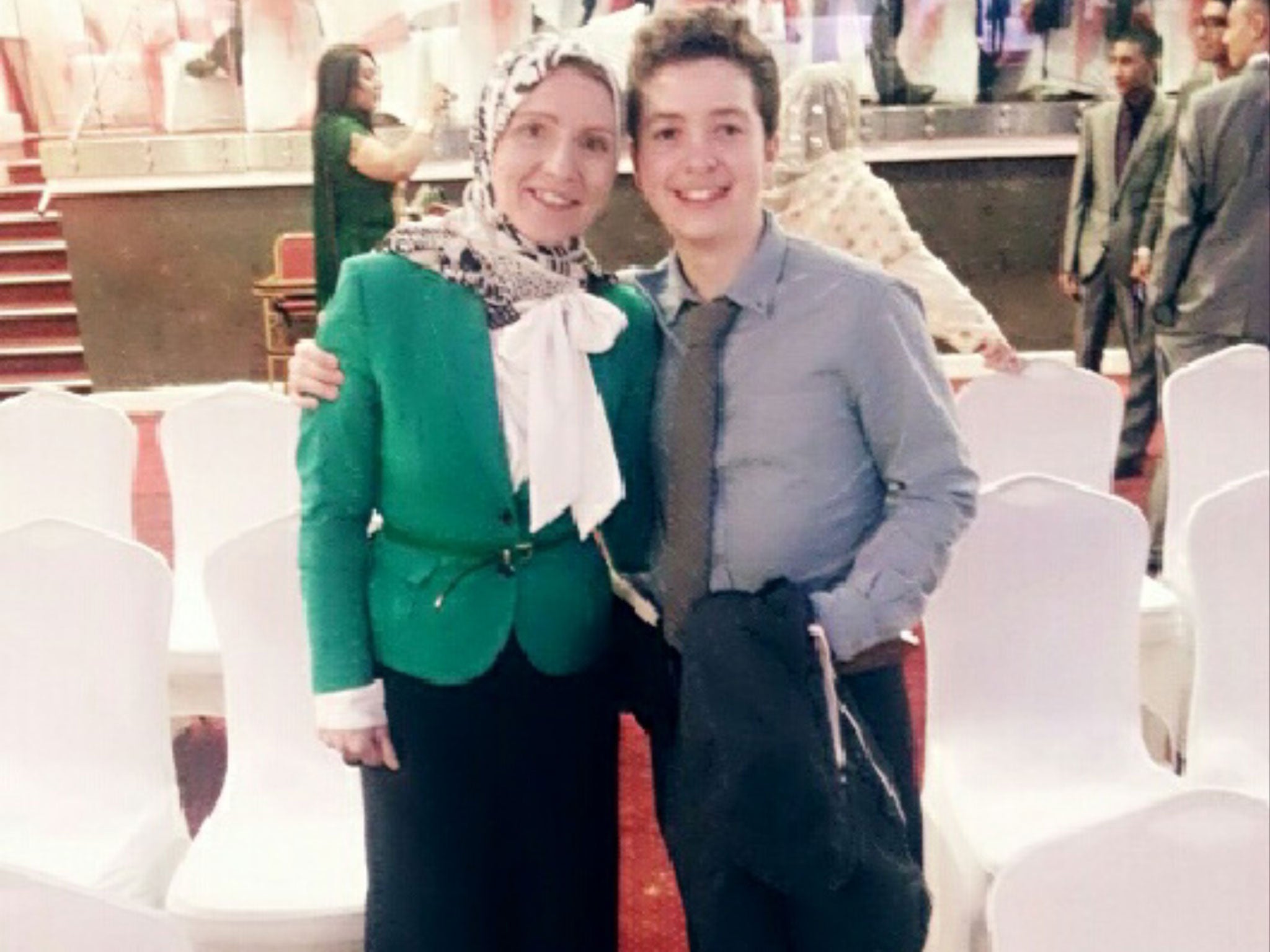
“He kissed me goodnight the night before and bantered with me like he normally did when he went to his bedroom,” recalls his mother, Nicola Benyahia.
“He always got up early so I didn’t think anything of it until it was the evening and he didn’t come back home. Even if he was 10 minutes late he would always ring me.”
When Rasheed didn’t respond to calls and messages, his parents and four sisters went into overdrive trying to find him, checking with friends, hospitals and the police, who tried to assure the family that the teenager would return.
Three days later, a message arrived from Rasheed, saying he was “very safe and in good hands”.
“Please know that I would never put anyone through this if I didn’t know the reward,” it read. “I ask Allah to protect you and reward you with the highest paradise. Please do not worry, I love you more than ever and again I am sorry.”
Mrs Benyahia did not hear from her son for an agonising 64 days, until he called with a confirmation that the family feared. He was in Syria.
“As soon as I knew where he was, I knew then I was never going to see him again,” Mrs Benyahia said, her voice wavering.
“I knew that even if he wanted to come back he couldn’t, every day it was more likely that he would never come back.
“I was just waiting for him to be killed. My grief started as soon as I knew where he was. I had lost him already.”
Rasheed was in Raqqa, the capital of Isis’ self-declared caliphate, and had undergone the terror group’s compulsory training ahead of battle against Syrian forces and rebel groups.
Contact became regular but details were sparse and conversations were sometimes interrupted, leading Mrs Benyahia to believe they were monitored.
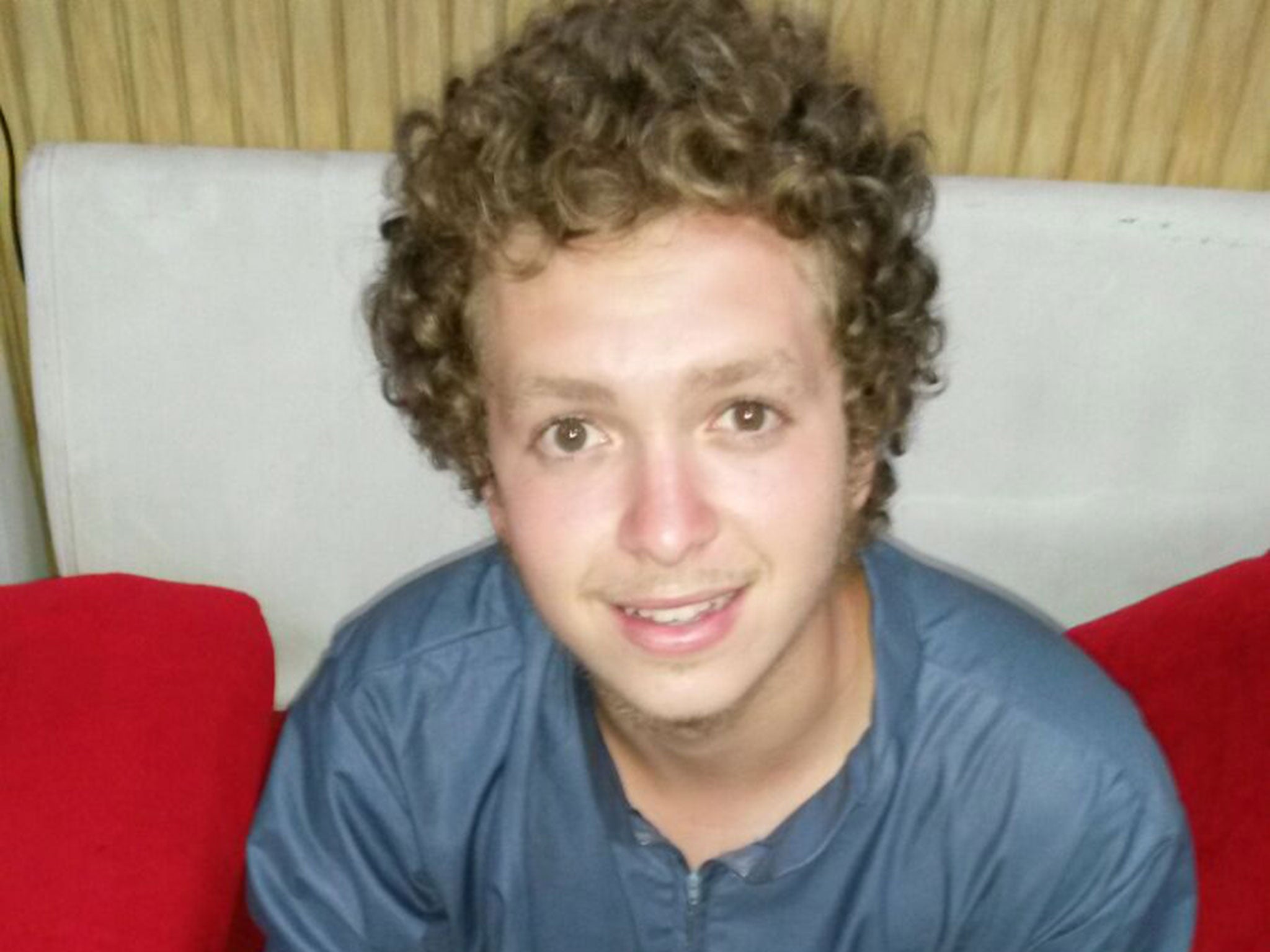
In September, Rasheed disappeared for a month. When he came back online, he told his father he had “been to visit Bashar al-Assad”.
“It meant he had been fighting Syrian forces,” Mrs Benyahia said. “He never told me, he was very protective because I was his mum and he didn’t want me to get worried and upset.”
The last time Rasheed called his family, he had been summoned to Raqqa’s central mosque to receive new orders. Weeks later, they received news of his death from another Isis fighter calling their son by the nom de guerre Abu Huraira al-Britani.
“He died on 10 November but we didn’t find out until the 20th because they were fighting and couldn’t get hold of a phone,” his mother said.
“Whoever this guy was phoned the house line. My husband answered and he told him my son had been killed…he paid the consequence of his choice.”
The man claimed Rasheed died in an air strike by the US-led coalition in the Iraqi province of Sinjar. He had not reached his 20th birthday.
In their grief, the family were also feeling intense shame. They received news of Rasheed’s death a week after Isis militants massacred 130 people in the Paris attacks.
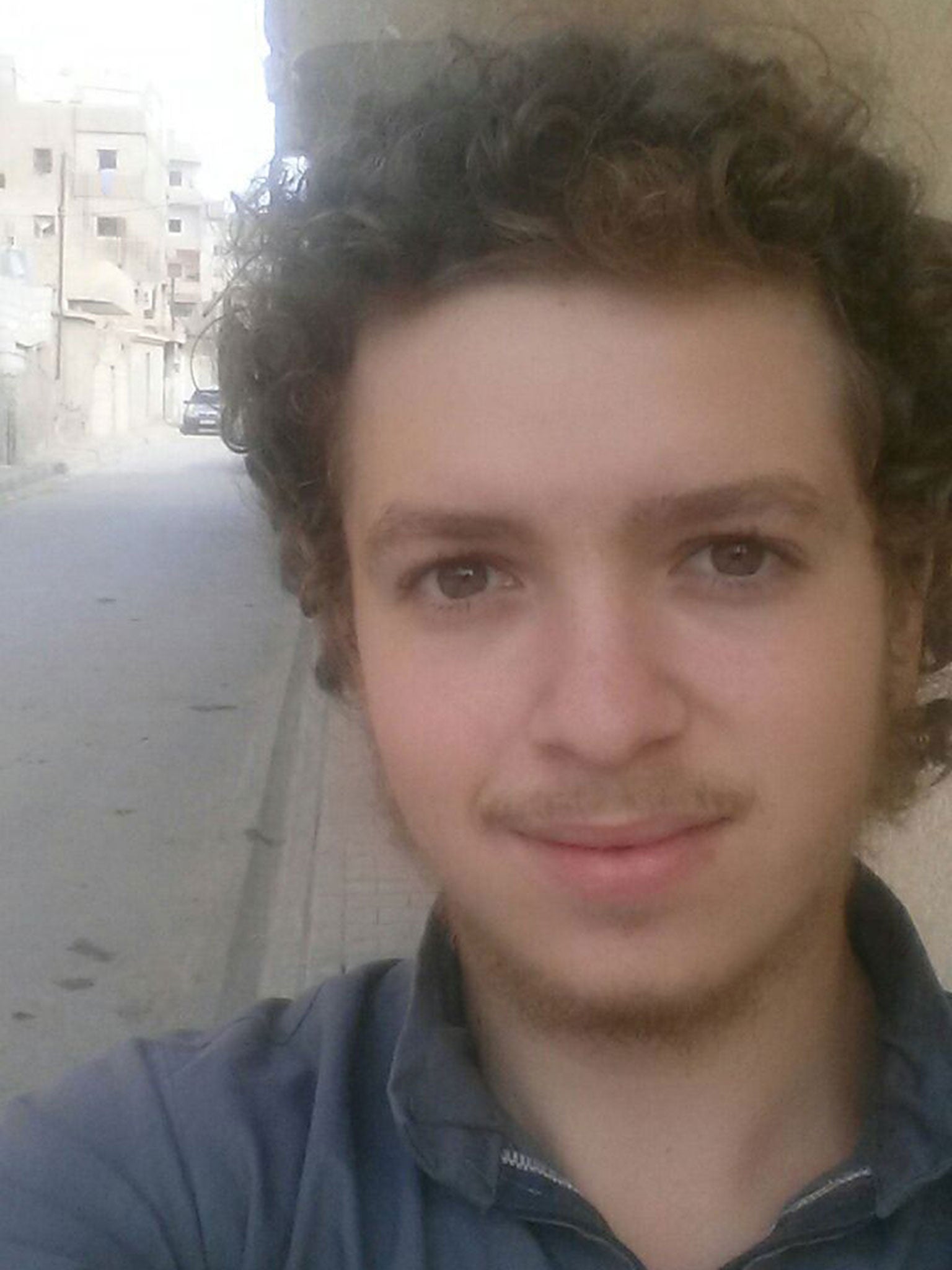
“It was difficult to carry the burden without telling people he was dead,” said Mrs Benyahia, pausing. “I don’t want other people to go through what I did.”
Both Rasheed’s family and the West Midlands Counter Terrorism Unit have been trying to piece together how the teenager became radicalised – and who instructed him on how to reach Isis.
Mrs Benyahia, from Wales, converted to Islam as a young woman and later married Rasheed’s father, who is originally from Algeria. They brought up their children as Muslims, observing Ramadan and Friday prayers, but describe themselves as liberal.
His mother remembers Rasheed as a gentle and naive boy who looked young for his age.
“When he confirmed he was in Syria, I found it difficult to comprehend because he was such a queasy person,” she said. “He couldn’t look at vomit or blood – he couldn’t watch Casualty.”
Rasheed’s Instagram account provides a glimpse of the teenager she remembers, showing him joking with friends and indulging his love of parkour.
The posts stopped shortly before the start of his transformation in 2014, when he switched to a different mosque and became increasingly religious, asking his parents to join a local “dawah” conversion group.
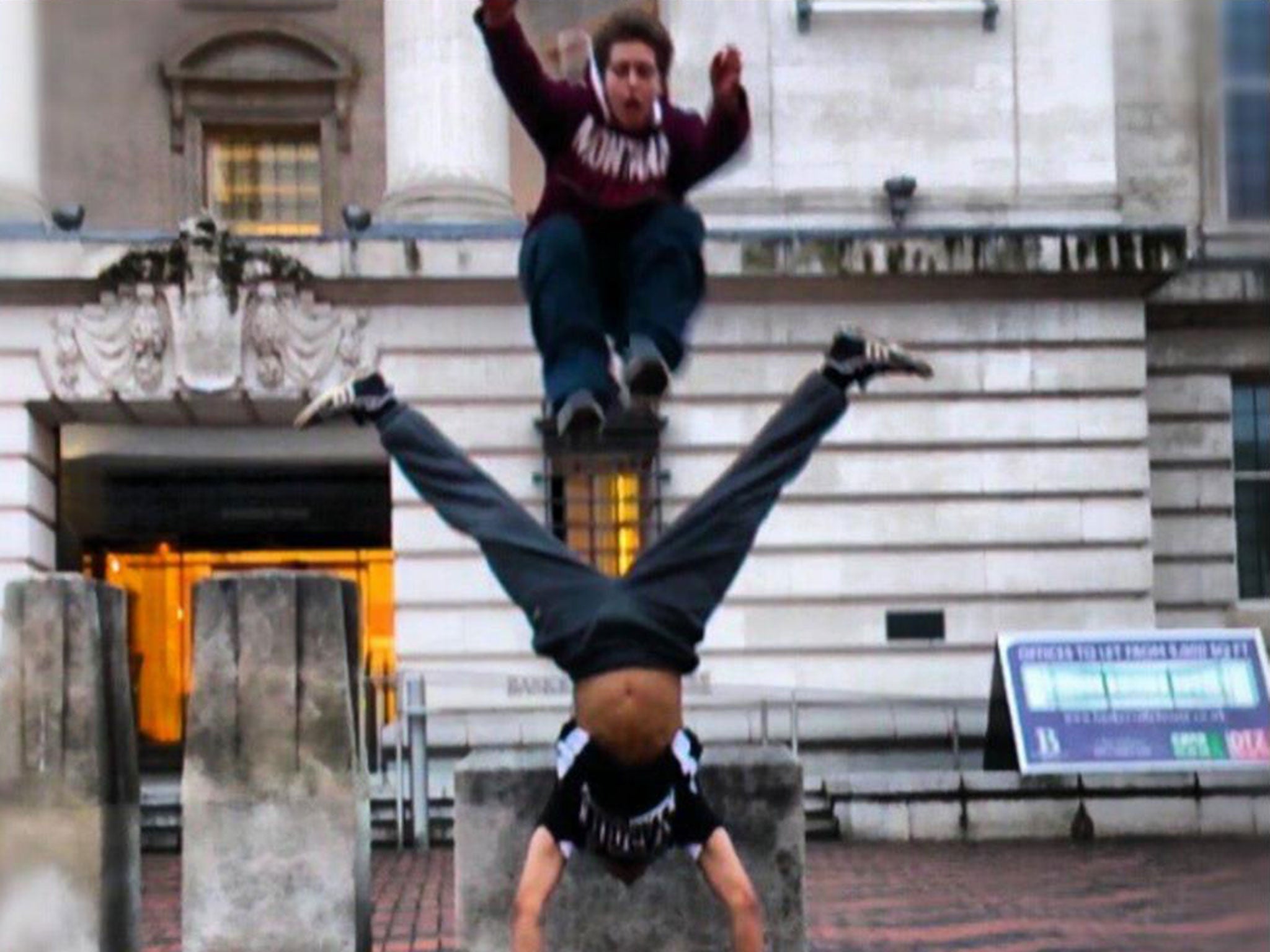
His mother refused permission. He then asked her to shorten his trousers – a sign of deepening Islamic observance. At the same time, political debates were turning into family arguments amid news of Isis’ atrocities and growing “caliphate”.
Rasheed’s father cautioned that the group did not represent Muslims but the teenager was angered by civilian deaths in Syria, calling for action. His demands stopped in winter 2014, leaving his family temporarily reassured.
They had other problems. Mrs Benyahia was a trustee at Birmingham’s Park View Academy – one of the schools at the centre of the “Trojan Horse” scandal – and stood down with other trust members in July that year.
Mrs Benyahia admits she missed signs of her son’s radicalisation, assuming he was gaming in the hours spent alone in his room, when she now believes he was in contact with online recruiters.
“There is no question that he was instructed to the letter,” she said. “I don’t know who recruited him and I hope one day that I can connect the dots."
After Rasheed’s death she contacted Daniel Koehler, director of the German Institute on Radicalisation and Deradicalisation Studies who helped found a European anti-extremism group for jihadis’ families.
Meeting other mothers inspired Mrs Benyahia to create her own group in the UK, Families for Life, where she is using her counselling training and personal experience to help other parents spot the signs of radicalisation and cope if, as with her son, the realisation comes too late.
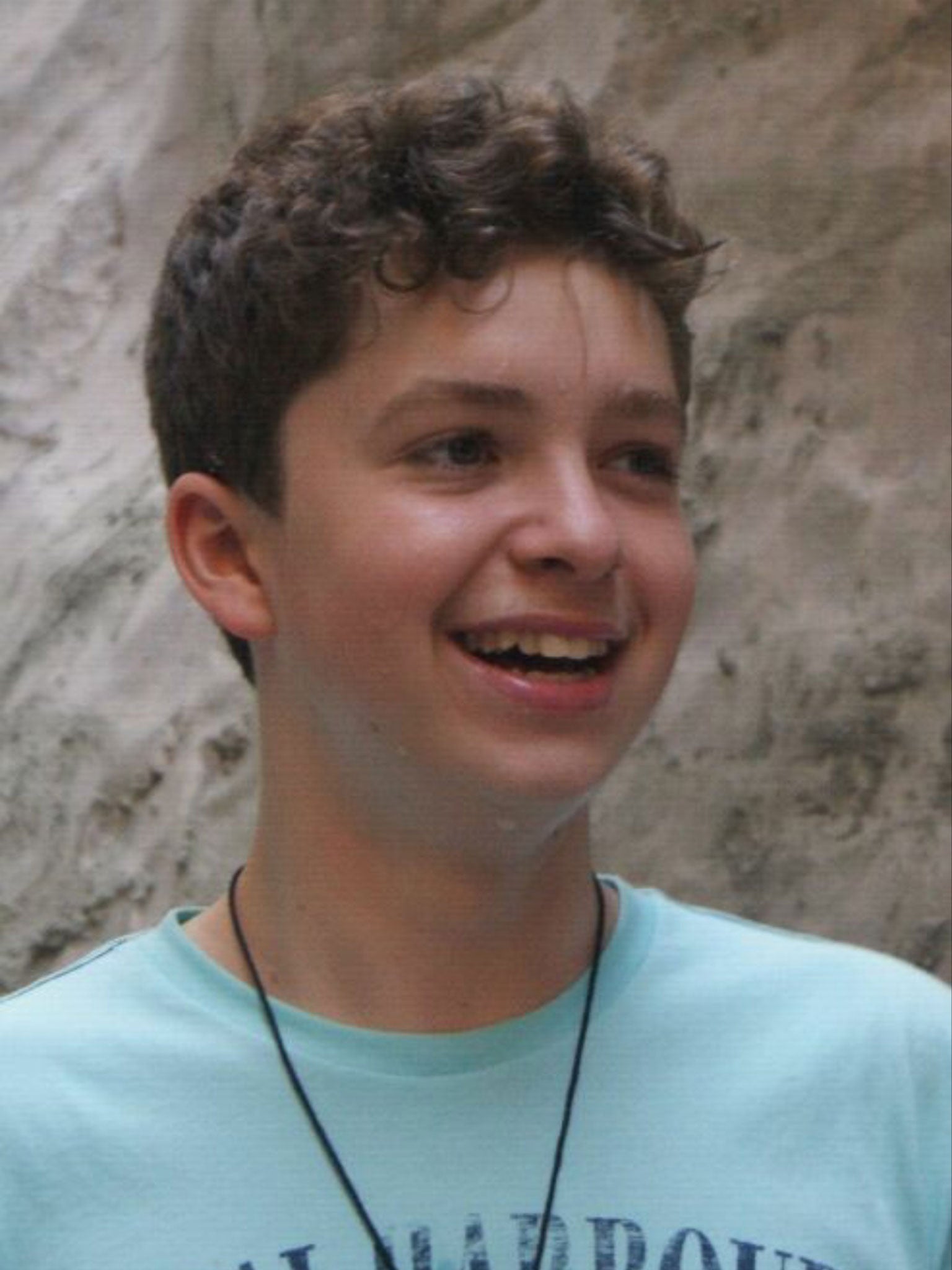
“I wanted to set up a safe place for families to come and talk,” said Mrs Benyahia. “Somebody needs to speak out and we need to be talking about this.”
As well as offering a helpline and counselling, the organisation acts as an online resource for concerned parents, listing warning signs and offering guidance.
Asked how he would respond to anger at the idea of a supporting terrorists’ families, Mr Koehler said experiences must be shared to prevent them from repeating.
“Radicalisation can happen to any family of any background,” he added.
“Isis has turned terrorist recruitment into a mass product. These families are up against a massively superior enemy that is reaching in using advanced psychological warfare.”
Mr Koehler acknowledged that some parents may be radical themselves but said those approaching his group are the “95 per cent” who want to fight their children’s growing extremism.
“Someone often recognises that radicalisation process very early but don’t trust the police, don’t know what to do, don’t know what to call,” he said.
“They are our first line of defence and we are strengthening that line.”
Join our commenting forum
Join thought-provoking conversations, follow other Independent readers and see their replies
Comments